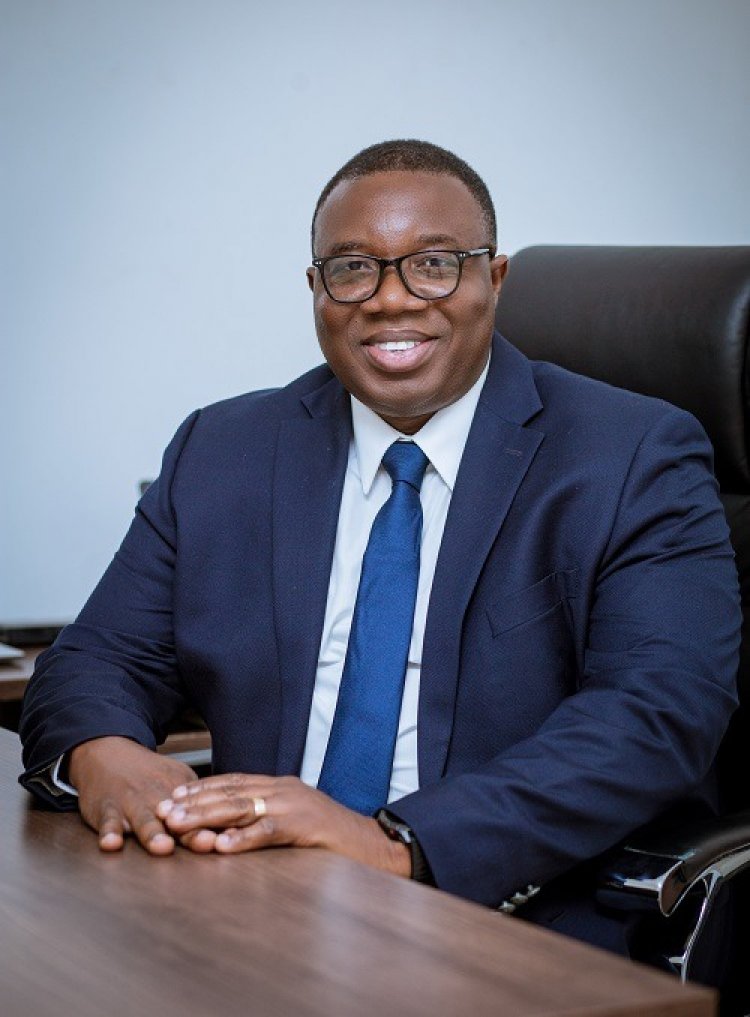THE GHANA Chamber of Mines has waded into the national discussionsn on the decision taken by Ghana to enter into its foremost agreement with Atlantic Lithium to mine lithium, a key ingredient for electric vehicles (EVs), at Ewoyaa in the Central Region.
According to the Ghana Chamber of Mines, it has been following the national discussions on the mining lease for the Ewoyaa project with keen interest.
"We are pleased with the ongoing engagements among government, civil society, media, and the larger population.
"The Chamber lauds the Ministry of Lands and Natural Resources and Minerals Commission for their manifest commitment to promoting constructive public discourse, inclusive development, and transparency," the Chamber made these remarks in a press statement signed and issued by its Director, External Relations and Communication, Mr Ahmed D. Nantogmah.
In the same vein, the statement commended the civil society community for their important contributions to seeking a fair share of the benefits associated with the development of lithium resources for the country.
It said the conflation of the views of the different stakeholders is expected to enhance the outcomes of the project without hurting the country’s ability to attract requisite private capital to develop mineral endowments responsibly.
Accordingly, the statement urged circumspection in the discourse on the subject.
Further, the Chamber finds it unfortunate that some commentators have inaccurately portrayed the mining sector as shortchanging the country in terms of the distribution of mineral rents.
Apart from the significant value that is retained in-country through employment and purchases from local suppliers, a plethora of studies has shown that a more than proportionate share of mineral rents accrues to the government.
For instance, a model by the Natural Resource Governance Institute (NRGI) suggests that the government’s share of mining rents is “just over 50%” which “falls comfortably within the 40% to 60%” profit-sharing ratio recommended by the International Monetary Fund (IMF) for mining countries.
The Chamber recognizes that the current arrangement where some fiscal inflows from the mining sector are commingled with other taxes in the Consolidated Fund impedes the visibility of the developmental impact of the mining sector.
Against this backdrop, the Chamber has been advocating for the sequestration of fiscal payments by mining companies in a manner that is akin to the practice in the oil and gas sector.
More so, the Chamber has been championing the plough-back of a commensurate portion of mineral revenue to host communities in a timely manner to complement the voluntary corporate social investment initiatives of its member companies to enhance socio-economic development.
The Ghana Chamber of Mines assured the country of its unalloyed commitment to continue working with stakeholders to leverage the country’s mineral endowments for inclusive and sustainable development.
The development of mineral resources should lead to outcomes that are beneficial to both the host country and investors.
Ghana has entered into its foremost agreement with Atlantic Lithium to mine lithium, a key ingredient for electric vehicles (EVs), at Ewoyaa in the Central Region.
The deal includes a 10 per cent royalty and 13 per cent free carried interest by the state, compared with the existing five per cent and 10 per cent, respectively, for other mining agreements.
In the deal signed earlier in October, the Australia-based miner is further required to pay one per cent of its revenue into a community development fund to help uplift the mining area.
Through the planned investment by the Minerals Income Investment Fund (MIIF) in Atlantic Lithium, the government has secured an additional six per cent interest in the Ewoyaa Project, bringing its total holding to 19 per cent.
The Ghana Chamber of Mines is the main minerals industry association in Ghana. The Chamber represents the collective interests of companies involved in mineral exploration, production, and processing in Ghana.
Its member companies produce over 60 percent of Ghana’s mineral output. The Chamber has represented the industry’s interests since 1928.
















